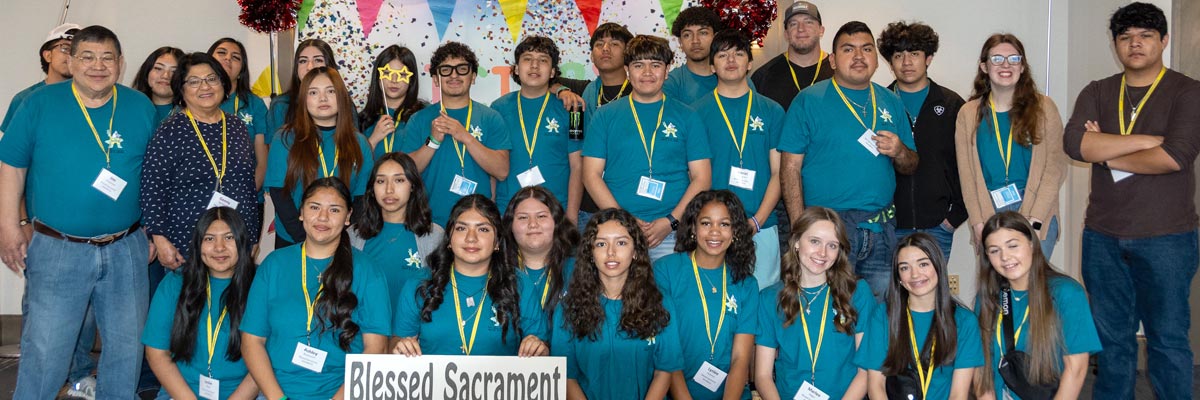Official Website of the
Catholic Diocese of Little Rock
Diocese of Little Rock Tribunal Advocates
Updated Jan. 20, 2026
Advocates are an important resource for petitioners and respondents in marriage nullity cases. They assist with the presentation and defense of a petitioner or respondent’s position to the court. For a list of advocates in your area, contact Elizabeth Howe at (501) 664-0340, ext. 380 or Veronica Mendez-Matthey at (501) 664-0340, ext. 339. If you would like to use an advocate from outside the Diocese of Little Rock, submit this request form. | Advocate Application | Continuing Education
What is a Procurator?
Procurators are people who are appointed to place acts for the party they represent. They act as an ecclesiastical power of attorney. There is no requirement for this person to be approved by the diocesan bishop. However, the judicial vicar will have to determine if this person meets the canonical requirements. There is no special training required for a person to be appointed as a procurator.
What is an Advocate?
Advocates are people who have an expertise in canon law regarding marriage and procedures. These people are specially trained by the Tribunal staff. In order for a an advocate to fulfill their duties in a given diocese, the bishop of that diocese must verify they meet the canonical requirements and approve them. Advocates are an important resource for petitioners and respondents in marriage nullity cases. They assist with the presentation and defense of a petitioner or respondent’s position to the court.
Advocates are available to the clients they represent to explain the process and advise their clients on how to respond to the Tribunal. These people also act as a liaison between their client and the Tribunal to ensure updated contact information as well as case status. For a list of advocates in your area, contact Elizabeth Howe at (501) 664-0340, ext. 380 or Veronica Mendez-Matthey at (501) 664-0340, ext. 339.
Apply to Become an Advocate
Priests, deacons, religious and the laity are permitted to be advocates. The Diocese of Little Rock Tribunal requires that all deacons, religious and lay people who wish to partake in the ministry of tribunal advocacy go through the one-day training course offered by the Tribunal. Priests do not have to attend, but it is encouraged. This training includes the following topics: what marriage is, marriage law, grounds of marital invalidity, the different types of tribunal processes and how to assist petitioners and respondents.
To start the application process, a person will need to complete the application and have their pastor submit a recommendation form. Deacons and religious do not need to have pastor recommendation. Once we have received your documents, the tribunal staff will contact you to schedule your training.
Continuing Education for Advocates
The Tribunal maintains a Microsoft Teams group for advocates to access continuing education materials, current case forms and network with other advocates. If an advocate needs assistance accessing the Microsoft Teams group, please contact our office.
2026 Interdiocesan Tribunal Workshop
Advocates are also invited to the annual Interdiocesan Tribunal Workshop of the Province of Oklahoma City. This is typically held on the first Tuesday and Wednesday of August, rotating between the three dioceses of the province. The Diocese of Little Rock hosts the 2026 workshop Aug. 4-5. The topic this year will be "Canonical Interviewing: Balancing Truth and Human Dignity." The workshop will be presented in English. Registrations will be open from April 1 - July 17.
Request Approval for Advocate Outside Diocese
All advocates are required to be approved by the bishop of the diocese in which the case is presented. If a petitioner or respondent would like to mandate an advocate that has not been trained by the Diocese of Little Rock, they will need to complete the request form and submit it to the Tribunal.









